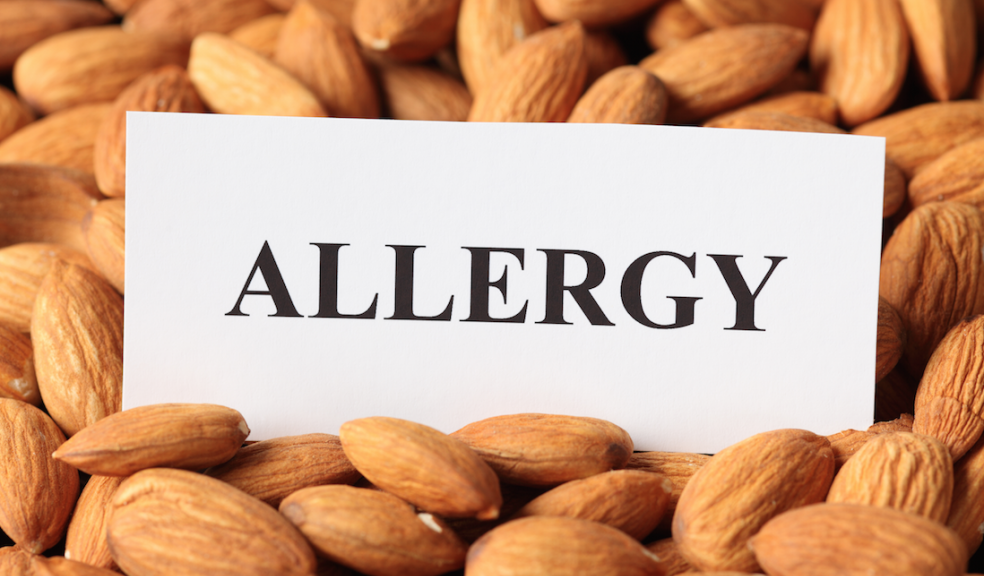
New allergy rules for businesses
Food businesses are being reminded about new rules which will affect the way they give information about the food they sell or provide.
From 13 December all businesses must verbally explain or signpost food which are known allergens.
Food allergies can cause life-threatening reactions and the number of people affected by them is growing. The main cause of food allergy deaths in this country is due to allergic reactions when food is eaten outside the home and possible allergenic ingredients not declared.
There are 14 major allergens which need to be declared, so that consumers know the ingredients before anything passes their lips. They are:
Cereals containing gluten namely wheat, barley, rye and oats
Lupin
Crustaceans such as prawns, crabs, lobster and crayfish
Molluscs like clams, scallops, squid, mussels, oysters and snails
Fish
Peanuts and other nuts namely almonds, hazelnuts, walnuts, pecan, Brazil nuts, pistachio, cashew, Macadamia or Queensland nut
Sesame
Soybeans
Eggs
Milk
Celery
Mustard
Sulphur dioxide or sulphites - often found in dried fruit and wine
The new rules will mean that all food businesses will need to tell customers if any of 14 allergenic ingredients are in the food they make or serve.
This can be done either by writing on menus, verbally, through explanations by staff or signposted to where or how more information can be found.
Although the new EU rules are coming into force in December 2014, they were published in October 2011, to give food businesses three years to get ready for the new provisions.
Councillor Brian Vincent, Cabinet member for the Environment said: “All food businesses in Plymouth should be ready to provide this vital information by December.
“We know food businesses work long hours, with little time to read through new guidance. However, easy-to-understand information is available on our website www.plymouth.gov.uk/allergies and the Food Standard Agency’s website to help businesses with these changes.
“If any business needs advice and guidance on the new rules, we are here to help. We are also offering free workshops for businesses at the Plymouth Life Centre on 18 November, but businesses can contact us or email our dedicated email address for help."
Dr Chun-Han Chan from the Food Standards Agency said: “People with food allergies can react to very small amounts of food, such as a teaspoon of yoghurt, a single peanut or even an egg glaze used to brush over pies.
“There is no cure for food allergies, so the only way for people to manage the condition is to avoid the food that makes them ill. This is where providing accurate food allergen labelling and information is important, and why food businesses, local authorities and the Food Standards Agency are all working together to ensure consumers have clear and accurate information.’
Plymouth City Council is working with the FSA to make sure businesses know what to do and how to provide safe food for those with food allergies and intolerances.
The FSA has developed a range of training and education materials. Visit www.food.gov.uk/allergy and www.food.gov.uk/allergen-resources
To book a place on the workshop contact Public Protection Service on 01752 304147 or email allergeninfo@plymouth.gov.uk











